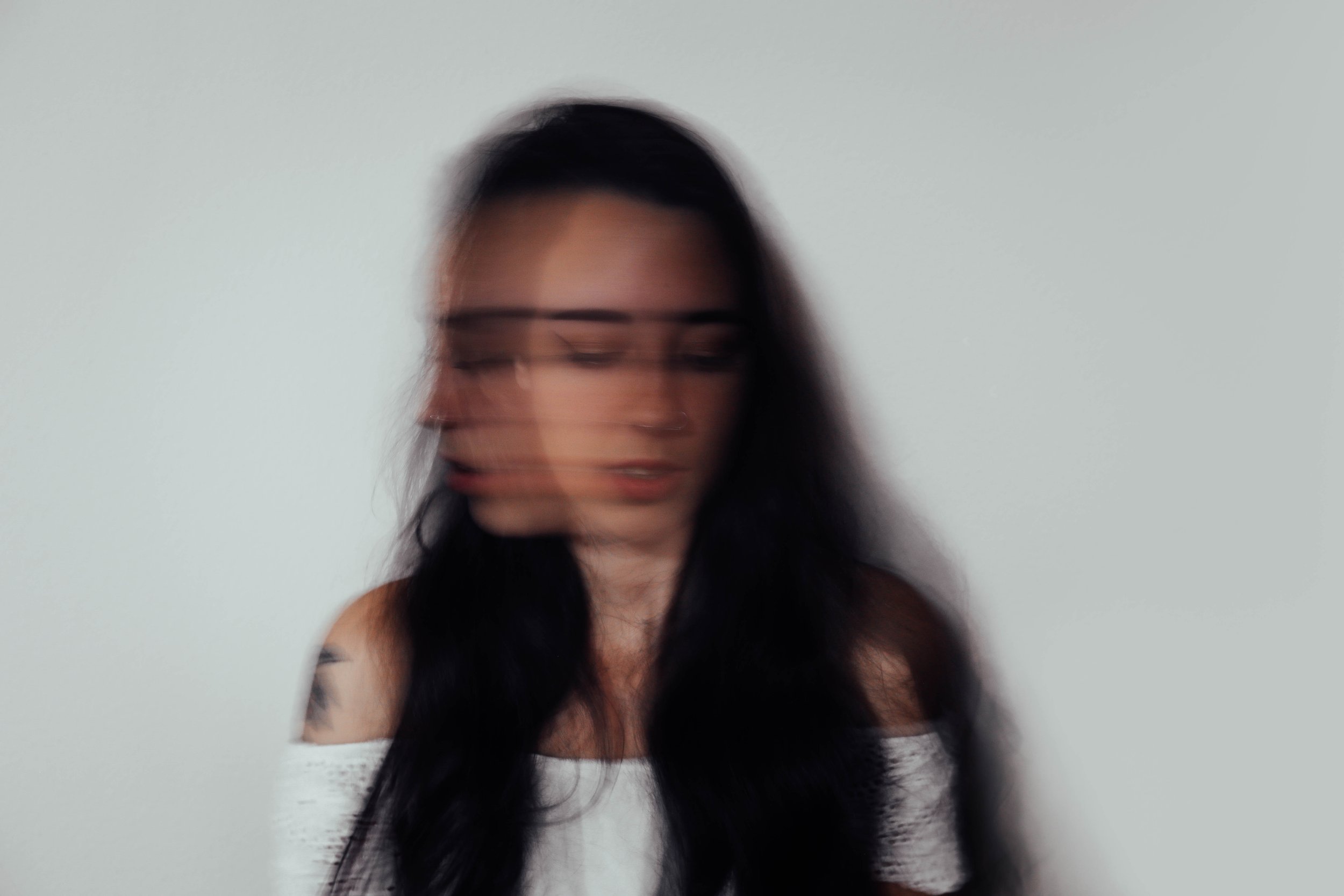ANXIETY: Natural solutions you can use today
by Shawna Lane CNP, NNCP
What it is
Anxiety disorders are the most prevalent mental disorders around the world. Statista reports as many as 31% of US adults show symptoms of an anxiety disorder (Statista). After living through a pandemic that is no surprise.
Of course, feeling worry and fear is a natural part of being human. Some degree of anxiety is normal and actually protects us from preventable, accidental deaths however, if the anxiety does not go away, or it gets worse and begins to interfere with daily activities, it gets deemed an anxiety disorder.
General anxiety disorder is characterized by excessive worry and symptoms like restlessness, inability to relax, difficulty concentrating, irritability, and difficulty controlling worry. Often physical symptoms include heart palpitations or increased heart rate, trembling, sweating, dizziness or light-headedness, muscle tension, shortness of breath, difficulty falling or staying asleep, nausea and gastro upsets like IBS. Behavioural changes often occur aimed at avoiding potential anxiety triggers.
How it works
When we anticipate danger, our bodies have a fight-or-flight response from our sympathetic nervous system. The amygdala begins a cascade of hormones through the hypothalamus to the adrenals causing catecholamines to be released. We get a jolt of energy, feel more alert and have a burst of increased strength. This response is helpful when we are in danger, however, in a person with anxiety disorder, these feeling can turn into intense, excessive and persistent worry and fear about everyday situations. Findings suggest that in those with anxiety there is decreased connectivity between the amygdala and pre-frontal cortex where we manage our emotions. In simple terms, we get stuck in our “feeling” brains and can’t use our “thinking” brains.
Allopathic treatment is commonly prescription medications such as benzodiazepines, NSRIs or SSRIs and sometimes cognitive behavioural therapy. Benzodiazepines work by enhancing the effect of a neurotransmitter called Gaba creating a calming effect. SSRIs and NSRIs increase the availability of serotonin to regulate mood but their exact method of action is still unclear. Therapy can help but pharmaceuticals come with many risks and side effects including drowsiness, addiction, depression, high blood pressure, and more.
When I see clients with anxiety, the first thing I think of is trauma. Learning to suppress our feelings of fear in order to be accepted by our parents/community can cause the feeling to become more generalized. The work of Dr Gabor Mate is a great place to start in learning about the origins of our feelings. Working with a trauma-informed therapist and learning to sit with uncomfortable feelings can be life-changing.
What to do
Exercise daily
proven strategy to help move anxious energy from the body. As a culture we spend a lot of time sitting. Monks who sat and meditated for hours on end actually spent their early mornings performing laborious tasks around the monestary. We need to move energy through or it can ruminate as worry.
Swap out green tea for coffee
Green tea contains a compound called l-theanine which balances the energy from the caffeine and gives a calming effect. L-theanine can be supplemented as well and is found in many calming blends.
Eat more protein
Blood sugar spikes and crashes can feel like anxiety. A high-carb, low-protein breakfast will spike blood sugar giving you a rush which is followed by a crash that your body reads as starvation leading to feelings of anxiety.
Try Magnesium
Magnesium is an important mineral that we get from foods like almonds, legumes and dark green leafy vegetables and Epsom salt baths. Symptoms of low magnesium can feel like anxiety and supplementing especially at bedtime can help with sleep and calm the mind and body. *Great for restless legs. (link to fullscript or add links at the bottom of the page)
GABA
GABA is a calming chemical in our bodies which can be supplemented in a fast-acting powder or chewable tablet. If low GABA is a cause for your anxiety, supplementing works instantly and can be used temporarily while looking for the root cause of the deficiency. (link to GABA in fullscript)
Chamomile tea or essential oil
Chamomile is a powerful nervine relaxant that can significantly reduce moderate to severe symptoms of generalized anxiety disorder.
CBD
CBD oil works on the endocannabinoid system and has been shown to reduce anxiety in studies of several populations. Ensure you are purchasing a clean source (like this) as some companies use toxic solvents etc and look for contraindications with certain medications.
Grounding in Nature
The japanes call this shinrin-yoku or “forest bathing”. There is no question that spending time in nature lowers blood pressure, stress hormone levels and nervous system arousal, as well as enhances immune system function, increases self-esteem, and improves mood.
Some root-cause contributors could be histamine intolerance, elevated copper, overactive adrenals, poor gut health/dysbiosis… etc. Every situation is unique so if you are struggling with anxiety, book a free discovery call with me to get to the bottom of your symptoms.
Legal disclaimer: The information on this website is NOT intended as medical advice, nor is it intended to replace the care of a medical doctor. This content is not intended to diagnose or treat any diseases. Always consult with your primary care physician for diagnosis and treatment of any diseases or conditions, medications or medical advice and before starting a new health care regimen.

